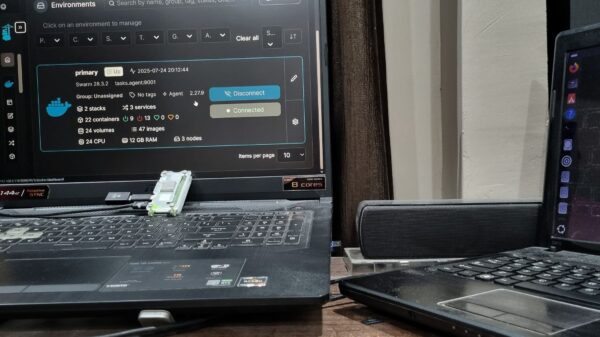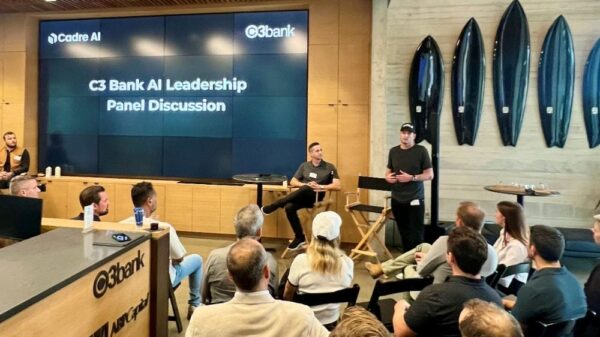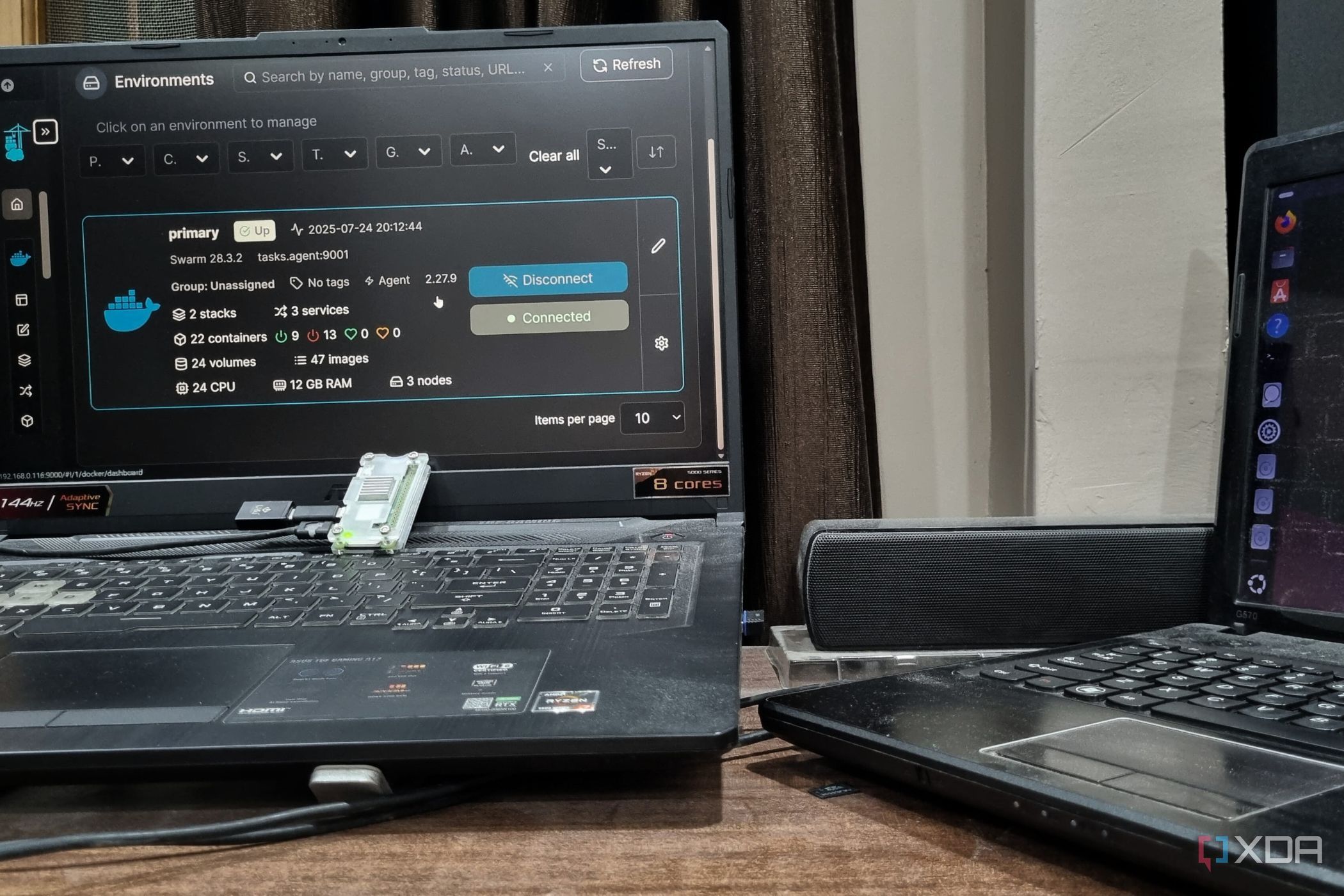In the evolving landscape of digital management, the choice between self-hosting and utilizing commercial cloud services remains a critical decision for many, especially for tech professionals. John Doe, a software engineer and tech blogger, illustrates this balance through his personal journey of managing digital resources. While he advocates for self-hosting as a means of maintaining control over data, he recognizes the undeniable advantages of commercial services for certain tasks.
Understanding the Appeal of Self-Hosting
For Doe, the primary motivation behind self-hosting is control. As someone who generates substantial amounts of data—ranging from drafts and research to personal files—he views a self-hosted environment as essential for safeguarding his livelihood. Relying on third-party services can pose risks, such as sudden service shutdowns or abrupt changes in privacy policies. His conviction is clear: if he controls his own servers, he can mitigate such threats.
Doe’s digital lifestyle is shaped by the tools he chooses, allowing him to hand-pick open-source software that meets his specific needs. By managing his own file server and note-taking systems, he creates an empowering atmosphere where he is neither a product nor a mere subscriber. This approach gives him peace of mind, as he holds the keys to his digital domain.
Challenges of Self-Hosting
Despite the advantages of self-hosting, Doe acknowledges that the journey is fraught with challenges. Many assume that his technical background ensures a smooth experience, but the reality is more complex. He faces a range of practical difficulties, including the inconsistent quality of open-source projects. While some applications are user-friendly, others lack essential features or proper documentation, leading to significant frustration.
The initial investment in hardware can also be substantial. Running multiple services efficiently demands more than basic devices, often requiring high-capacity storage and robust CPUs, which can quickly escalate costs. As Doe notes, the “free” aspect of self-hosting can be misleading, as users frequently encounter upgrade cycles that strain their budgets.
Continuous maintenance is another significant concern. Regular updates can disrupt functionality, and urgent security patches require immediate attention. This reality transforms self-hosting from a hobby into a demanding task, often detracting from the enjoyment that should accompany such projects.
Finding Balance with Commercial Services
After grappling with these challenges, Doe has developed a strategic approach: self-hosting for critical needs while leveraging commercial services for tasks that prioritize convenience. For instance, he utilizes Google Drive for family file sharing, valuing its seamless synchronization and reliable uptime. Despite his commitment to privacy, he recognizes that the convenience of a well-established cloud service is indispensable for family collaboration.
Doe has explored self-hosting models for various tasks but found that maintaining a powerful personal GPU setup is costly and resource-intensive. To access cutting-edge performance without the burden of upkeep, he now relies on cloud-based large language models (LLMs). Similarly, platforms like GitHub facilitate professional collaboration and networking, which a private instance cannot replicate.
Even in areas like music streaming, Doe finds commercial services preferable. The reliability and extensive catalog of Spotify far exceed what a self-hosted music server can offer, making the subscription fee justifiable for the ease and enjoyment it provides.
Ultimately, Doe’s digital life represents a strategic hybrid of self-hosting and commercial services. His experience highlights that true digital control is not about hosting everything independently; it’s about making informed choices that maximize security and convenience. By blending a robust self-hosted setup with the efficiency of established cloud services, he achieves a productive balance essential for both personal and professional success.







































































